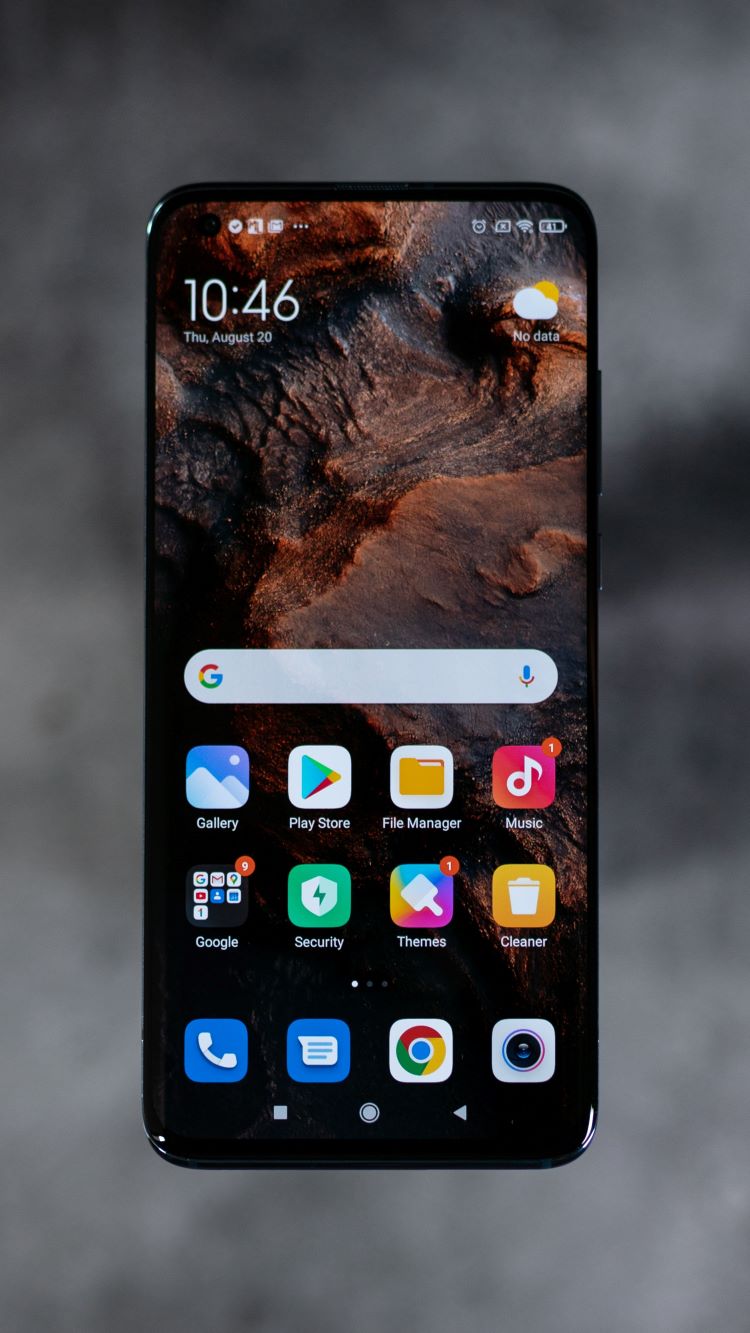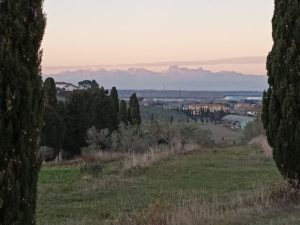Lesson X (not sure what number fits here, pick one): Stuff happens – and big stuff happens when you least expect (or want) it. I am not sure whether thinking about the challenge and opportunity that embarking on that Later Gap adventure can ever really be relaxing nor whether the process will truly go smoothly. Moving at a later stage in life, after one set of responsibilities is behind you and before the next set manifests, or when you feel fairly mature but know that you aren’t ready for “It’s this until the end” quite yet, is different than pulling up stakes and cavorting across the globe at a younger age or kicking back and enjoying that well-deserved life of leisure in a place you always dreamed of retiring. Later Gap travels bring their own types of challenges – you will probably approach things a bit more cautiously. You might be armed with preconceived notions of how things should work (theory) and be a little more set in your ways and mindsets (or be used to your American comforts). However, you will hopefully have some judgement and experience to know that you might be partially prepared to hit, or at least foul off, the curveballs that reality will throw at you and stay up at the plate and swinging the bat of life. With this in mind, there will be things that everyone will face when they arrive somewhere else – in the following sections, I offer a couple things that we encountered upon arrival.
Communications

Cell phones are not just important; they are critical for most of what we do. When we got to Italy, my wife was unable to set up any accounts or complete any of the final paperwork without some form of two-factor authentication; she needed some way to receive texts, messages, or calls. We had US phones, but $10 a day can add up pretty quickly. We ended up buying phones, and going with an inexpensive monthly plan that had limited data (enough to do everything we need including traveling and searching for pretty much everything, as long as we aren’t streaming YouTube or Netflix or gaming). We wanted to keep our US phones and numbers, using them on wifi to ease communications with friends and family back stateside, and to provide us with a communication option when we come back “home” – we had done this before from England and it really didn’t work for us. Also, like many others out there, we have other family members on the plan and didn’t want to try this all over again in a couple years when we return. Although it probably costs a few dollars more a month, we have had good success – our daughters call when they know we are home (on the net) and we don’t have to worry about changing contact information for verifications or missing calls or messages regarding other obligations we have. It is also nice to be able to provide a US number for a call back or for ordering, as these will keep longer term and again, we won’t have to try and go through this all again in a couple years.
Another aspect of communication is actually communicating. In the States, we have instant messaging, text, talk, FaceTime, and the regular phone to get ahold of someone. These options are available overseas as well, but they are not quite as accessible, easy, or cheap. One of the more common communication platforms, especially from Europe, is WhatsApp – an app, owned by Meta – previously called Facebook, that uses your phone’s current cellular data/plan or a wifi connection to send and receive calls or messages to any other user across the planet. It costs significantly less than trying to use what we have gotten used to in the U.S. and is one of the most common forms of all types of communication we have found here. However, it is also different than what we had before, and for it to be useful, those who you want to communicate with need to also have WhatsApp. The technology also works a little differently – we found that to answer a call, you slide the button up versus sideways – which could be frustrating for someone not comfortable with technology, as some of our parents may be.
They have brought a couple stories – both opportunities to learn. The biggest thing we found was it really helps to have someone who we could actually communicate with and understand to help us with obtaining them and setting them up; although we might have been able to just stumble our way through, we were able to complete what can be a rather long and trying process fairly quickly. However, we also found that if you accidentally drop your cell phone in a toilet, and you try to take it to a repair shop to get it looked at and hopefully fixed (unfortunately, it was beyond repair), trying to explain what happened, what was wrong, and understand the final verdict is rather difficult. Typing words and trying to translate with a long line staring over your shoulder is a bit intimidating, and even the most efficient process takes two days. Two hundred and fifty euros later, and the loss of all the data on the “wet phone”, we had our third cell phone. Although this type of issue isn’t unique to being overseas, the options can be a bit more limited, and frustrations can be quite different. And, as always, try to keep smiling.
Housing – Moving In
We came over here with not much more than our clothes, primarily the ones to enjoy the days under the Tuscan sun along the Mediterranean coast (okay, and our golf clubs – don’t rub it in). We shipped some winter clothes and gear as we also knew that there are some good skiing and hiking areas not too far away, in Northern Italy, France, Austria, and Switzerland – that was from previous knowledge, not something we figured out in our poor attempt at researching the area. Our first problem came when we found out that our winter clothes hadn’t arrived yet, although they had been scheduled to arrive in mid-August – we shipped them in early July and this was now late October, under cold and dreary skies; we had little more to wear than beach and golf attire, along with my wife’s summer work clothes. Walking along, in a pair of shorts and long sleeve t-shirt, I was slightly conspicuous, as the local populace was bundled in puffy jackets and parkas with hoods, so much for trying to blend in. We were soon on our way to the store, to pick up some things to at least tide us over until our actual clothes finally made it – which they did, in mid-November. We now needed to find a place to live. We had a living allowance, which seemed reasonable for the area. We knew we needed to rent a furnished place, and the requirements for the living allowance included air conditioning (I guess it gets hot here, not sure as it seems pretty chilly since we arrived) and screens on the windows (they must have bugs, although again, not apparent at this time of year), and we knew we wanted parking (from previous experience in the area.) Realtors work differently over here, the person hiring them for the search pays the commission, typically 1-2 months rent up front (which isn’t covered by a housing allowance and can run three to four thousand euros) so we put the criteria into our apartment and house finder search engines and viola – no returns within 45 minutes of my wife’s work; this wasn’t looking good. We also asked around, from those at the school to others who had also recently arrived in the area in different capacities. Luckily, within two weeks, we ended up with a couple leads – with the decrease in travels and vacations due to COVID, especially in this tourist area (it is still along the beach and there are a couple golf courses in the area, they just aren’t very accessible), some owners had opened their apartments for longer-term options, although they weren’t advertised. The first one was in a small town near the beach, but without furniture and no internet – promising (at least in the position we were finding ourselves), but not great.

The second one was a furnished, three bedroom apartment in an agriturismo – Italian from a combination of the words for “agriculture” and “tourism”; agriturismos provide a style of vacationing in farmhouse resorts or on working farms. These can range from quaint and romantic little villas to actual farms, where livestock and crops surround the house – our agriturismo is nearer the latter, with over 700 hectares (1,700 acres) of ancient wheats, grown for processing into ancient grain breads and products to hillsides covered in olive trees for oil interspersed with miles of trails and wooded areas for hunting – in a small town about 10 minutes from work. The owner would be willing to rent it to us for one year (and then we will have to either move or hope that tourism is still slow). We would move in by late November; and while we waited, our winter clothes arrived. Although four months behind schedule and not quite landing in the destination we had envisioned, we had found a home.
Work (Beyond Whoever Has the Job)
This is a short section – my wife is working, and I am not. The school where she works is as small as it was advertised – she has 8-10 students (there has been a bit of transition with a couple families moving in and out) in a combination fourth and fifth grade class, with the inherent challenges that brings; support staff is limited, but she knew that coming in. My options are much different. Having originally come over with the idea that we were destined for a life on the beach and golf course, thoughts about a job, and what to do to fill my time while my wife worked (which sounds bad – I know – but I figured I could get in a little more practice on the range and still have plenty of time to shop and cook) were far from my mind (another overly optimistic assumption.) Upon finding out that the beach and golf resort idea was not to be, I suddenly found myself with a lot of extra time on my hands – I figured I could get a job part time (as I still remained in charge of the shopping and cooking.) I put together a couple job applications for some positions that interested me in the area – only to find out that due to the type of work visa we were on (my wife was the worker, and I was the accompanist), I was not allowed to work – not here, not online, and not remotely. Now I really had some serious time on my hands. Thus, I decided to write about our adventure – how we got here, what mistakes we made along the way, what we have learned since we got here, and from here on out, how we have lived and enjoyed (usually) our life and time here under the Tuscan sun. And as I mentioned in the introduction to this blog – if you have any questions, whether about what we did, what we learned, what we might have done differently, or about where we might go next, please let me know. I will do my best to answer, and build on your ideas to take this discussion in whatever directions that this life might take it.
